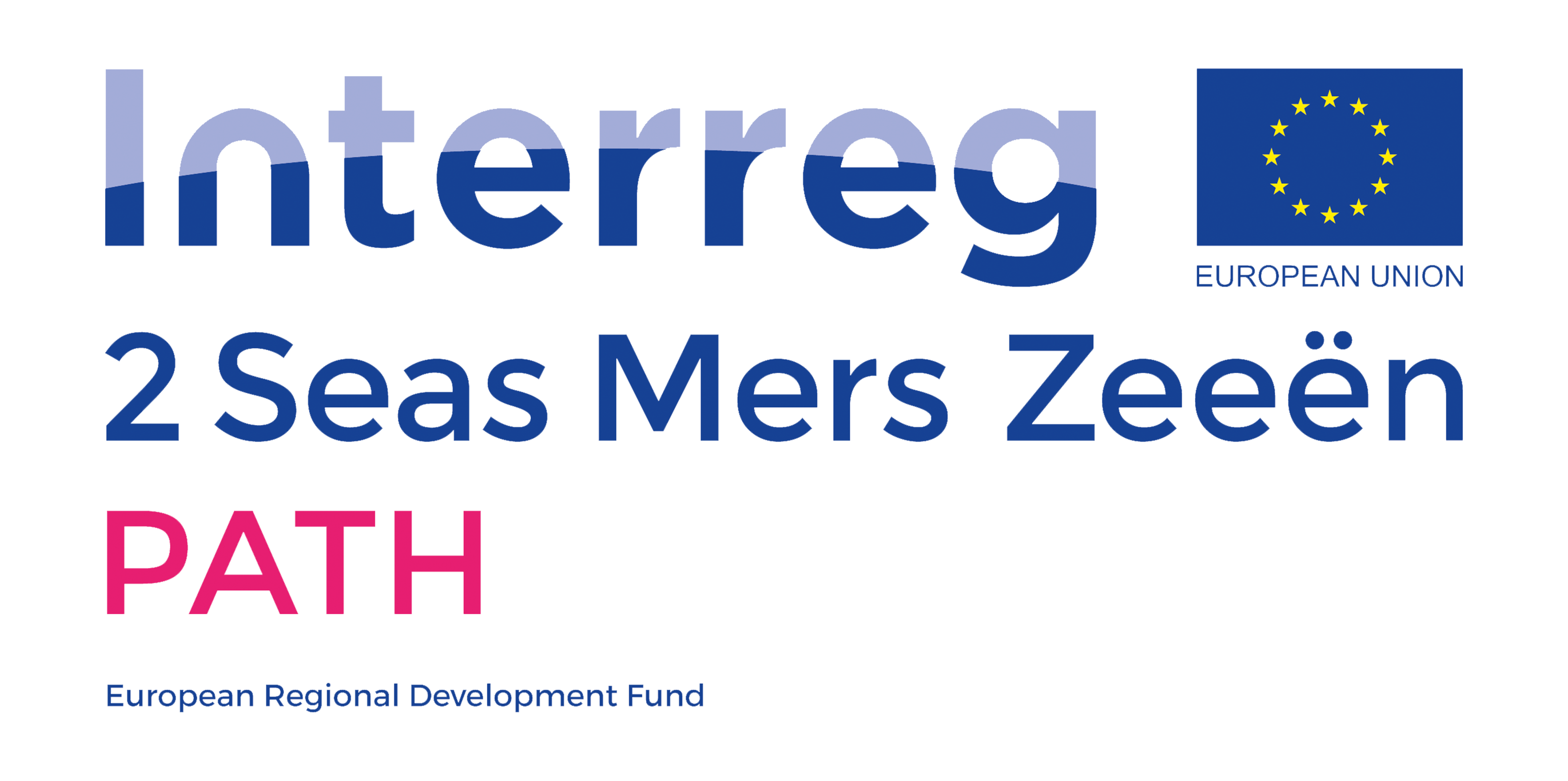
© 2021 Copyright: Bournemouth University
The acute onset of severe psychiatric episodes following childbirth—postpartum (or puerperal) psychoses—are among the most severe forms of illness seen in psychiatry. Postpartum psychosis affects 1–2 per 1,000 women after childbirth.
Women with a history of bipolar affective disorder have a 20% risk of suffering a severe recurrence following delivery and an even higher risk (approaching 50%) of experiencing any mood episode in the postpartum period, including non-psychotic major depression.1,2
Risk of developing postpartum psychosis increases to 50% in women with a diagnosis of bipolar affective disorder and family history (mother or sister having postpartum psychosis).
50% or more of women who develop postpartum psychosis have no history that suggests they should be considered at high-risk. 3
The best-established risk factor for susceptibility to postpartum psychosis is a history of bipolar disorder or previous severe postpartum episodes. Other factors contributing to the pathophysiology of postpartum psychosis include obstetric factors such as primiparity, medication cessation, psychosocial risk factors, hormonal, immunological factors, sleep deprivation, genetic factors and factors identified in neuro-imaging studies.4
Postpartum psychosis is a psychiatric emergency and a woman should be assessed and treated by a psychiatrist, preferably a specialist perinatal psychiatrist, within 4 hours. They may require inpatient psychiatric treatment, preferably in a Mother and Baby Unit, if available. Women cared for in Mother and Baby Units are known to have improved outcomes and better relationships with their infants.5
Treatment modalities include psychotropic medications, psychological treatment and psychosocial interventions. Women may require help in caring for their baby and also to bond with their baby. Referral to Children and Families Services may be needed if there are any safeguarding concerns.
For more information on assessment and treatment, refer to ‘Severe Mental Illness’, ‘Bipolar Affective Disorder’ and ‘Schizophrenia’.
RCPsych leaflet on Postpartum Psychosis
Postpartum psychosis
Postpartum Psychosis for Carers
Action on Postpartum Psychosis
app-network.org
Training for healthcare professionals:
Watch our video where a consultant psychiatrist talks about postpartum psychosis
1. Munk-Olsen T, Laursen TM, Mendelson T, Pedersen CB, Mors O, Mortensen PB. Risks and predictors of readmission for a mental disorder during the postpartum period. Arch Gen Psychiatry 2009.
2. Di Florio A, Forty L, Gordon-Smith K, et al. Perinatal episodes across the mood disorder spectrum. JAMA Psychiatry 2013.
3. Blackmore ER, Rubinow DR, O’Connor TG, et al. Reproductive outcomes and risk of subsequent illness in women diagnosed with postpartum psychosis. Bipolar Disord 2013.
4. Jones I, Chandra PS, Dazzan P, Howard LM. Bipolar disorder, affective psychosis, and schizophrenia in pregnancy and the post-partum period. Lancet. 2014.
5. Joint Commissioning Panel for Mental Health Guidance for commissioners of perinatal mental health services, 2012.